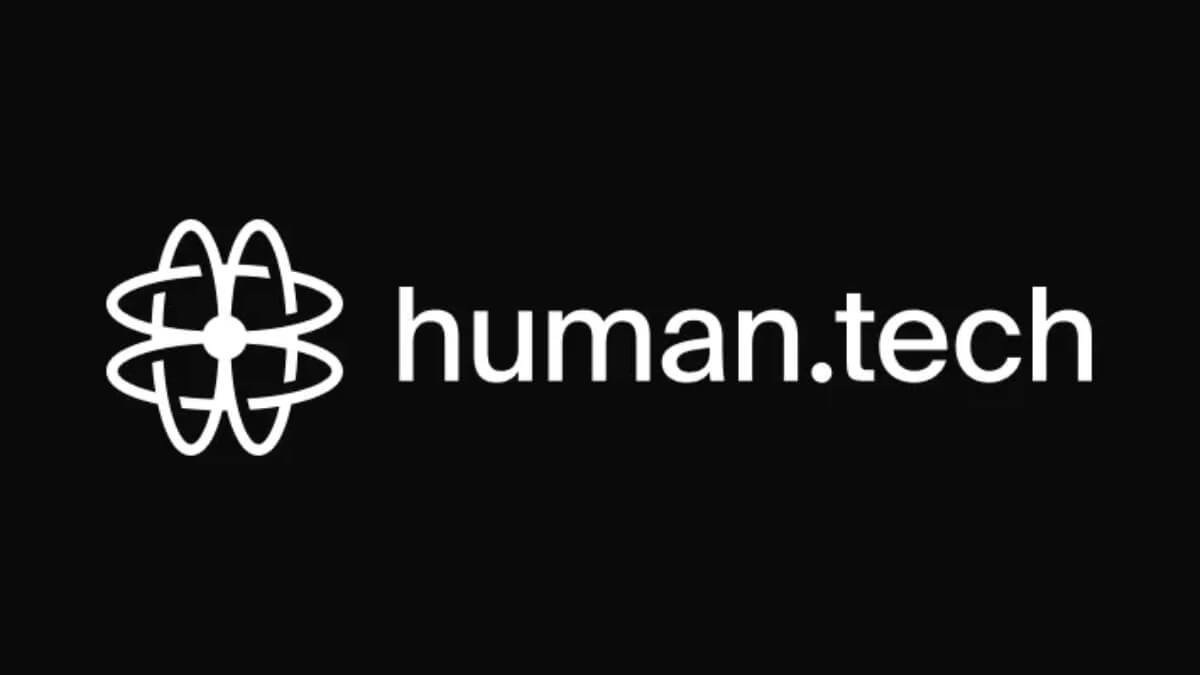The human passport has opened a new verification method that allows individuals to prove that they are real people who use only email receipts – no crypto wallets, biometric scans, or onchain transactions required.
Collaboration with Zkemail, Human Passport now offers a privacy-preserving “stamp” that proves a user’s personality through real-world activity embedded in their inbox, such as Uber Rides or Amazon purchase. It is a novel blend of traditional email infrastructure and zero-knowledge cropography, which enables the proof of humanity that is both safe and seamless.
The validation of the truth, private
Collaboration with ZKEmail brings a unique technical change ahead. In the core of the system is the use of regular expressions – patterns used to see the text within emails. ZKEmail checks a user’s inbox for specific formats, such as, “an email sent from no-reply@irs.gov to alice@verifier.org containing a confirmation code.” A visual example, shared by the team, shows how to be noticed, proven, and became a pattern – and became a proof proof – all without exposing any of the content of the email.
Importantly, zero-knowledge proof parses are the only pattern match, not the content. This ensures that the receipts remain private and the personal data is never acquired or visible, even by a person’s passport or zkemail. In addition, the system evaluates the sender’s DKIM signature (domainkeys identified), proving that only emails that are truly sent with the domain owner can be used.
“Verification that you should be simple and private, while always staying safe and free … These additional stamps honor philosophy,” said Kyle Weiss, co-founder of human passport
Frictionless and forgive-proof
Once a match is proven, the person’s passport immediately issued a digital credential – no blockchain transaction or gas fee. The process uses a reliable implementation environment with temporary, just read access to Gmail to perform the search. Users awarded a “stamp” that reflects the action, such as:
- Amazon: “Casual Buyer” for 1+ orders, “strong user” for 50+ orders
- Uber: “Occasionally Rider” for 3+ Rides, “Power User” for 75+ Rides
Each seal adds to the “humanity score of a user,” a combined -joint proposal used to the whole person.tech ecosystem. A higher score can unlock the aircraft eligibility, access to community management, and other web3 rewards. To date, the human passport has released more than 35 million credentials to more than 2.2 million users, enabling $ 430 million in verified AirDrop distribution distribution.
Digital identification with AI’s age
As the content of AI-generated and synthetic identity grows, the establishment of human identity becomes an important digital infrastructure. Current systems usually rely on blockchain activity or invasive biometric scans-procedures that can be exclusive, slow, or privacy compromise.
The new procedure based on this email flipped a paradigm. “Verification that you should be simple and private, while always staying safe and free,” Weiss said. “Additional stamps honor philosophy.”
The ZKEmail Protocol has also expanded to support more platforms and inbox patterns in future releases. The vision will eventually allow proof of greater digital behavior – such as subscriptions or logins – all while maintaining the privacy and contraction of the user’s friction.
The person’s passport, formerly Gitcoin passport, was obtained in 2024 of Human.tech, a privacy identity platform built by the holonym. Human.tech designs a digital future ethical tech – where users can prove themselves and participate online without sacrificing autonomy or security.
Also Read: Lombard Eyes $ 6 Trillion On-chain Bitcoin Economy with a new stack of infrastructure
Denial: The information provided to Alexablockchain is for information purposes only and does not generate financial advice. Read the complete decline here.
